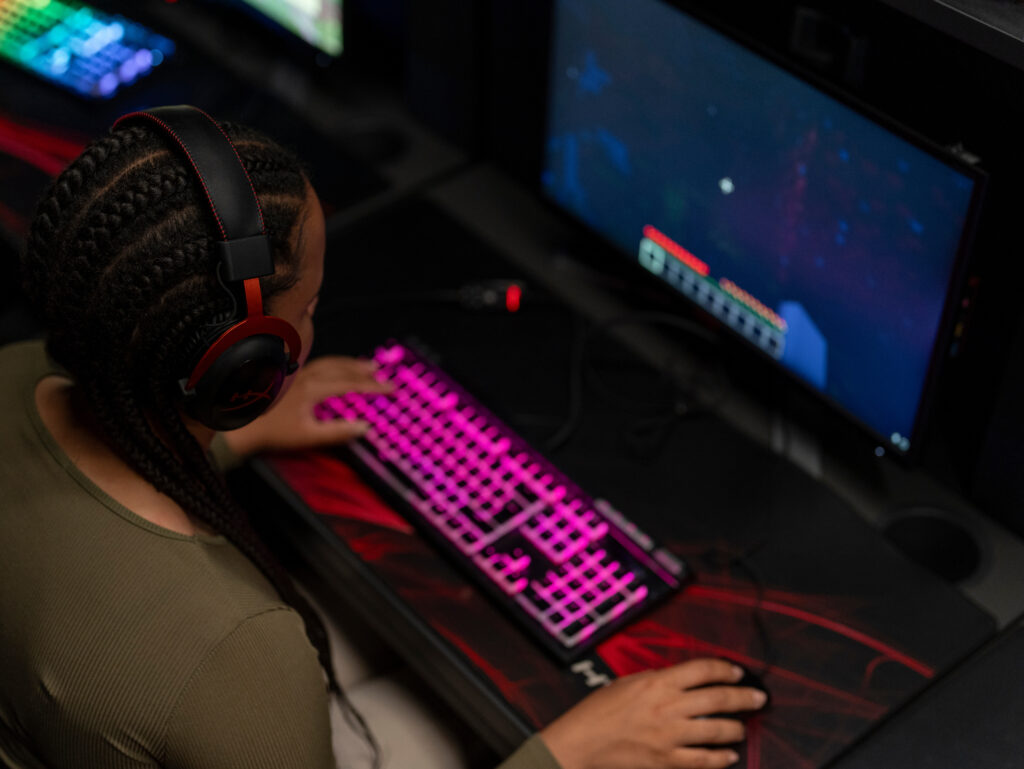
We are living in the digital era where numerous social media apps, websites and programs are easily accessible with just a touch of a finger.
Regardless of age or location, the internet can be used as a form of entertainment.
Though the internet is a tool that makes living more efficient, when used in excess it can easily turn into a distraction from reality.
There is not much research on the connection between excessive use of the internet and adults, but detaching from digital devices can make it easier to be productive.
Dr. Thomas Robinson, a professor of pediatrics and medicine, has been studying the effect of watching mobile and video screens for decades.
“Even back then, well before smartphones, children were already spending more time watching screens than they were spending in school or doing any other single activity. Adults were even watching more,” Robinson said in a Stanford Medicine article.
According to Scripps.org, too much screen time has been linked to obesity and depression among people 18 and younger.
Prioritizing a limited screen time has been linked to better quality sleep, healthier eyesight and correct posture.
Instead of mindless scrolling, engaging in exercise, interactive games, creative art or simply spending time with friends and family may improve one’s overall mood.
There are apps that act as blockers that assist in regulating one’s screen time, some can even prevent access to an app or website for an allotted time.
Arielle Hall, a FAMU alumna and graduate of the biology premedical school department, believes that excessive phone use can lead to poor mental health if boundaries aren’t in place.
“I try to limit my time on social media by using phone timers that remind me when I scroll for too long. It’s important that I stay aware of my surroundings and enjoy the present moment. Mindless scrolling can start out positive, however when done in excess it can affect you mentally,” Hall said.
Studies show adults indulge in as many as 11 hours of screen time a day. Many adults need to use digital devices for a long time because of their profession.
According to a published article from Scripps.org, Dr. Tran, an internal medicine physician at Scripps Clinic Mission Valley, recommends a healthy approach where your average screen time is not taking away from other important activities, such as exercise.
“We know that too much of anything that puts a strain on your eyes is not good for your health, excessive screen time can also result in headaches, neck, shoulder and back pain and make it hard to fall asleep.” Tran said.
Being mindful of one’s screen time and social media usage is a gentle reminder to stay in the present and use your time wisely.